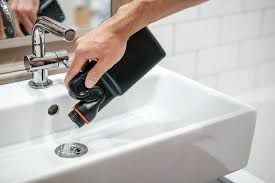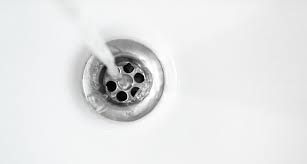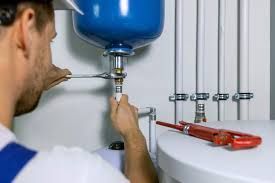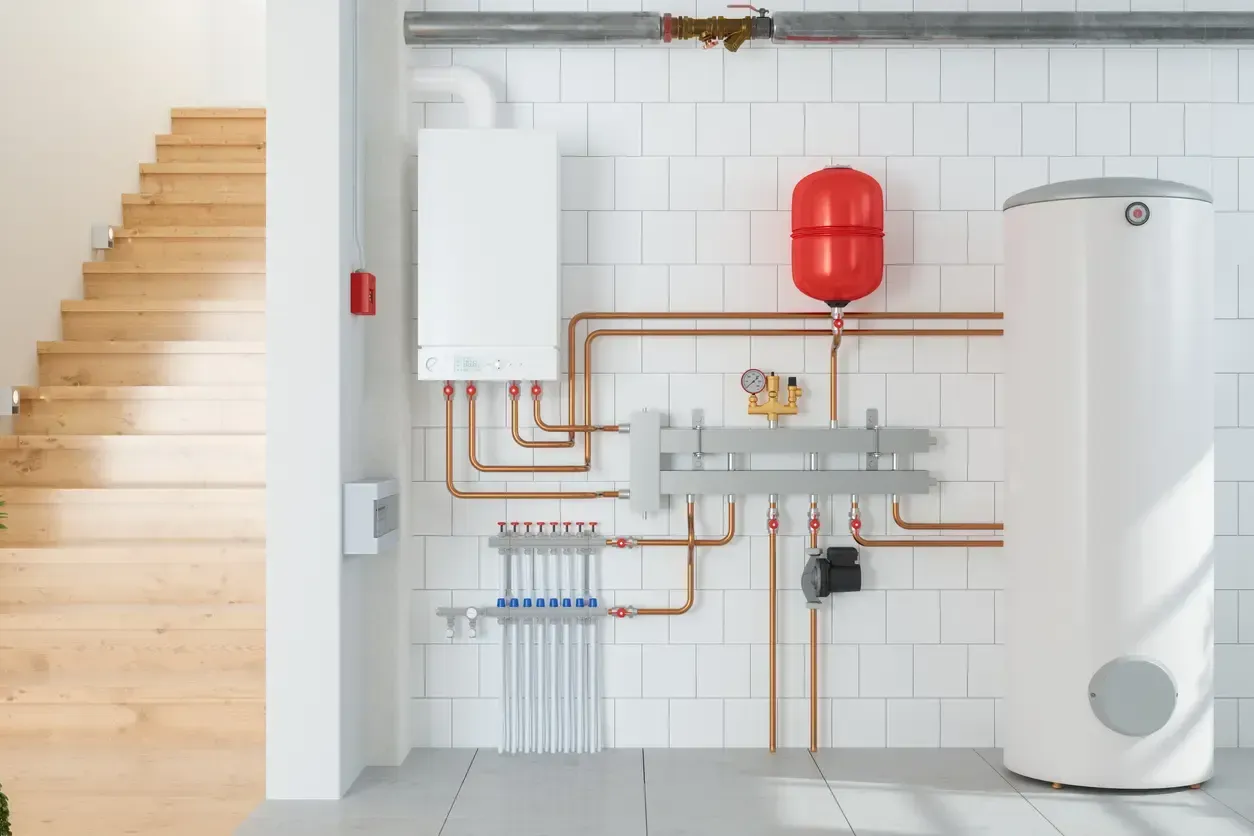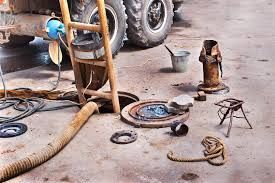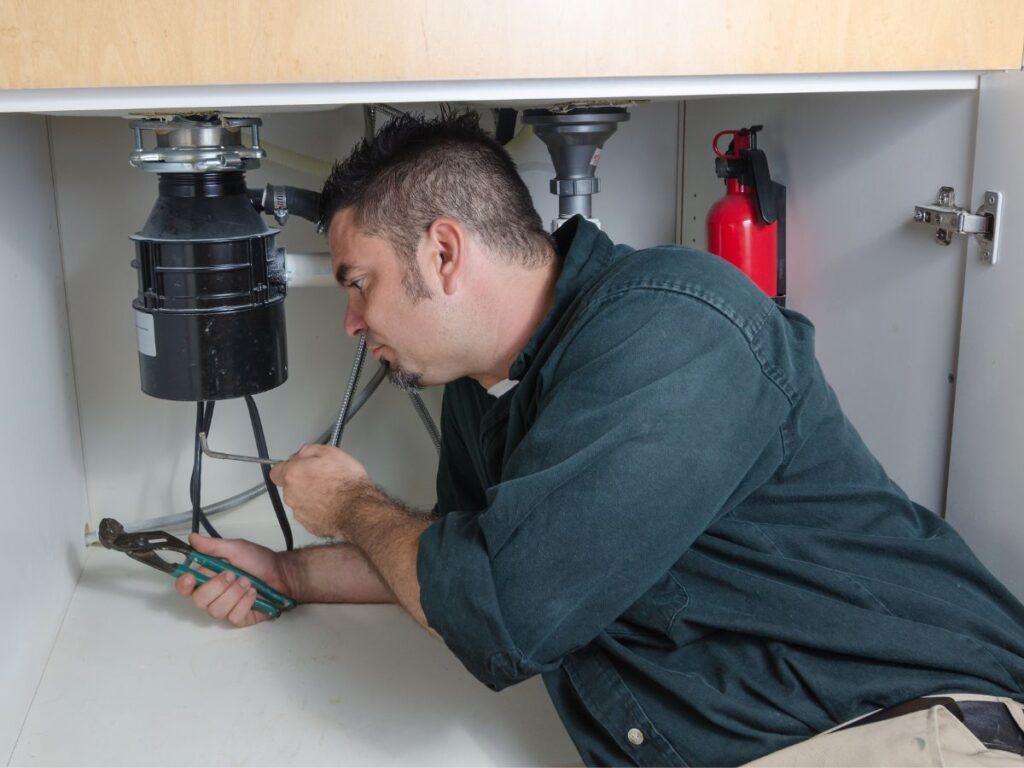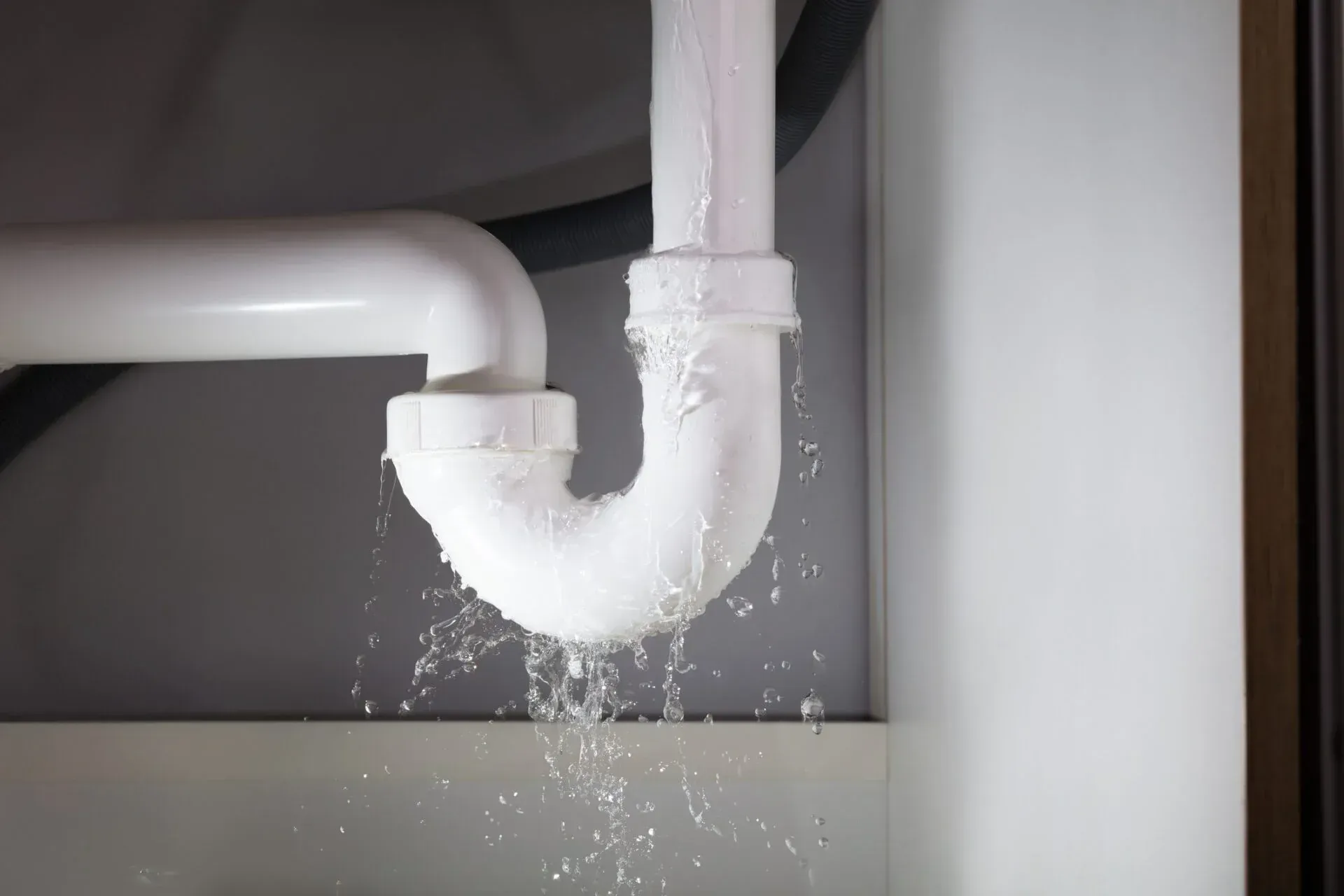Is Your Expansion Tank Making Noise? Here’s What to Do
Hearing unusual noises from your expansion tank can be alarming, especially if you’re not sure what’s causing it or if it indicates a problem. An expansion tank is designed to help regulate pressure in your plumbing system and operates quietly most of the time. However, if it begins making unusual sounds, it could signal an issue that needs attention. In this guide, we’ll explore common reasons why expansion tanks make noise, what these sounds mean, and how to troubleshoot and resolve them.
How Expansion Tanks Protect Your Plumbing from Pressure Surges
Understanding Why Your Expansion Tank Might Be Making Noise
An expansion tank has two main chambers: one for water and another for air, separated by a rubber diaphragm. The air chamber absorbs pressure from thermal expansion in the plumbing system, maintaining balance and preventing excess pressure from damaging pipes and fixtures.
However, if the tank or system components develop issues, noise may arise. Common noises include banging, rattling, or hissing, each of which can indicate a specific problem. Addressing these sounds quickly is key to maintaining a safe and efficient plumbing system.
Common Causes of Noise in Expansion Tanks
1. Waterlogged Expansion Tank
Explanation: A waterlogged expansion tank occurs when the air chamber loses pressure, allowing water to fill up both sides of the tank. When this happens, the tank can no longer properly absorb pressure, causing it to become ineffective and potentially leading to banging or knocking sounds.
Solution: Check the tank’s air pressure with a tire gauge. If it’s low, you may need to re-pressurize it or replace the tank if it’s significantly damaged.
2. Pressure Imbalance in the System
Explanation: An expansion tank relies on a balanced pressure setting to function properly. When the water pressure in the system exceeds the recommended range, it can create excessive force against the expansion tank, leading to knocking or rattling sounds.
Solution: Use a water pressure gauge to test the pressure. If it’s above 80 psi, consider installing a pressure-reducing valve or adjusting the settings to prevent high pressure from impacting the tank.
3. Loose Mounting or Connections
Explanation: Sometimes, noises can be attributed to simple installation issues like loose fittings, pipes, or brackets holding the tank. If the expansion tank isn’t securely mounted, vibrations and slight movements can create rattling sounds.
Solution: Inspect the connections and ensure the tank is firmly secured. Tightening or adjusting the brackets or pipe fittings may solve the issue.
4. Air in the Plumbing Lines
Explanation: Air pockets trapped within the plumbing system can cause gurgling or hissing sounds. When water passes through these air pockets, it creates turbulence that reverberates throughout the system, potentially amplifying sounds in the expansion tank.
Solution: Bleed the plumbing system by opening all faucets to let the air escape. Begin with the lowest faucet in your home and work your way up to the highest faucet to remove trapped air from the lines.
5. Faulty Diaphragm in the Expansion Tank
Explanation: If the diaphragm inside the expansion tank becomes worn or ruptured, the tank will no longer be able to separate the water from the air. This can lead to a range of noises, including gurgling, banging, or hissing, as water and air mix improperly.
Solution: If you suspect a ruptured diaphragm, it may be time to replace the expansion tank. Unfortunately, a damaged diaphragm cannot be repaired, so a full replacement is often the only option.
DIY Troubleshooting Steps for Noisy Expansion Tanks
While some noise issues require professional help, there are several steps you can try on your own to resolve them.
Check the Tank Pressure
- Attach a tire gauge to the Schrader valve on top of the tank to measure the air pressure.
- Compare it with your home’s water pressure. Ideally, the expansion tank’s air pressure should be set slightly below your water pressure.
- If the pressure is low, use a hand pump to add air to the tank until it reaches the appropriate level.
- Inspect for Loose Connections
- Visually examine the expansion tank and the surrounding plumbing for any loose fittings, brackets, or mounts.
- Tighten any loose connections, which may reduce or eliminate rattling sounds.
- Test the System Pressure
When to Call a Professional Plumber
If you’ve tried the above troubleshooting steps and your expansion tank is still making noise, it’s time to consult a professional. Here are some specific instances when professional assistance is necessary:
Persisting Pressure Imbalance: If your water pressure remains high despite adjustments, a plumber can install a pressure-reducing valve or troubleshoot deeper system issues.
Diaphragm or Tank Replacement: A ruptured diaphragm or severely waterlogged tank requires replacement, which is best handled by a trained professional.
Unresolved Noises: If noises continue despite DIY fixes, there may be underlying issues in your plumbing system that only a plumber can diagnose accurately.
FAQs
1. Can a noisy expansion tank damage my plumbing system?
Yes, if the tank is unable to absorb excess pressure, it can lead to increased wear and tear on pipes, fixtures, and the water heater, potentially causing leaks or other damage over time.
2. How often should I check my expansion tank?
It’s recommended to check your expansion tank’s pressure and inspect it visually every 6-12 months, especially if you hear unusual sounds or experience pressure fluctuations.
3. How do I know if my expansion tank is waterlogged?
If you tap the tank and hear a dull thud instead of a hollow sound, it may be waterlogged. Also, if it’s heavier than usual, this is a strong indication that it needs inspection.
4. Is it safe to add air to an expansion tank myself?
Yes, adding air to an expansion tank is generally safe if you’re familiar with the process. Use a hand pump and ensure you don’t exceed the water pressure in your plumbing system.
5. How long should an expansion tank last?
With regular maintenance, an expansion tank can last 5-10 years. However, exposure to high water pressure or hard water can reduce its lifespan.
Conclusion
An expansion tank is a small but essential component of a well-functioning plumbing system, and a noisy expansion tank can be a warning sign of underlying issues. By understanding the causes of these noises and taking appropriate action, you can prevent costly damage to your plumbing system, maintain steady water pressure, and ensure a quieter, more efficient home environment. Regular maintenance and prompt troubleshooting will keep your expansion tank in good condition and your home’s plumbing system running smoothly.
